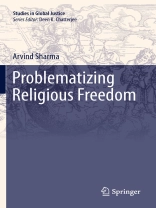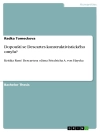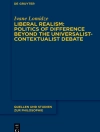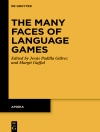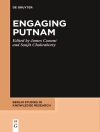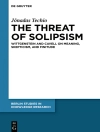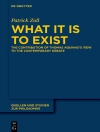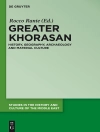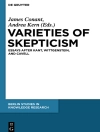The concept of religious freedom is the favoured modern human rights concept, with which the modern world hopes to tackle the phenomenon of religious pluralism, as our modern existence in an electronically shrinking globe comes to be increasingly characterised by this phenomenon. To begin with, the concept of religious freedom, as embodied in Article 18 of the Universal Declaration of Human Rights, seems self-evident in nature. It is the claim of this book, however, that although emblematic on the one hand, the concept is also problematic on the other, and the implications of the concept of religious freedom are far from self-evident, despite the ready acceptance the term receives as embodying a worthwhile goal. This book therefore problematizes the concept along legal, constitutional, ethical and theological lines, and especially from the perspective of religious studies, so that religious freedom in the world could be enlarged in a way which promotes human flourishing.
Cuprins
Part I.- Introduction.- What is Religion?.- What is Religion: The Historical Context.- What is Religion: The Legal Context.- What is Religious Freedom?.- The Possibility of Religious Freedom.- Part II.- The Concept of Religion in World Religions and the Corresponding Concept of Religious Freedom.- The Anticipation of Religious Freedom in World Religions.- Attitudes to Conversion in World Religions.- Religions: Missionary and Non-missionary.- Religions: Eastern and Western–The Case for an Asian Understanding of Religion.- Religious Freedom and Proselytization: A Case.- Study of Christian Missions.- Native American Religious Freedom.- Conclusion.
